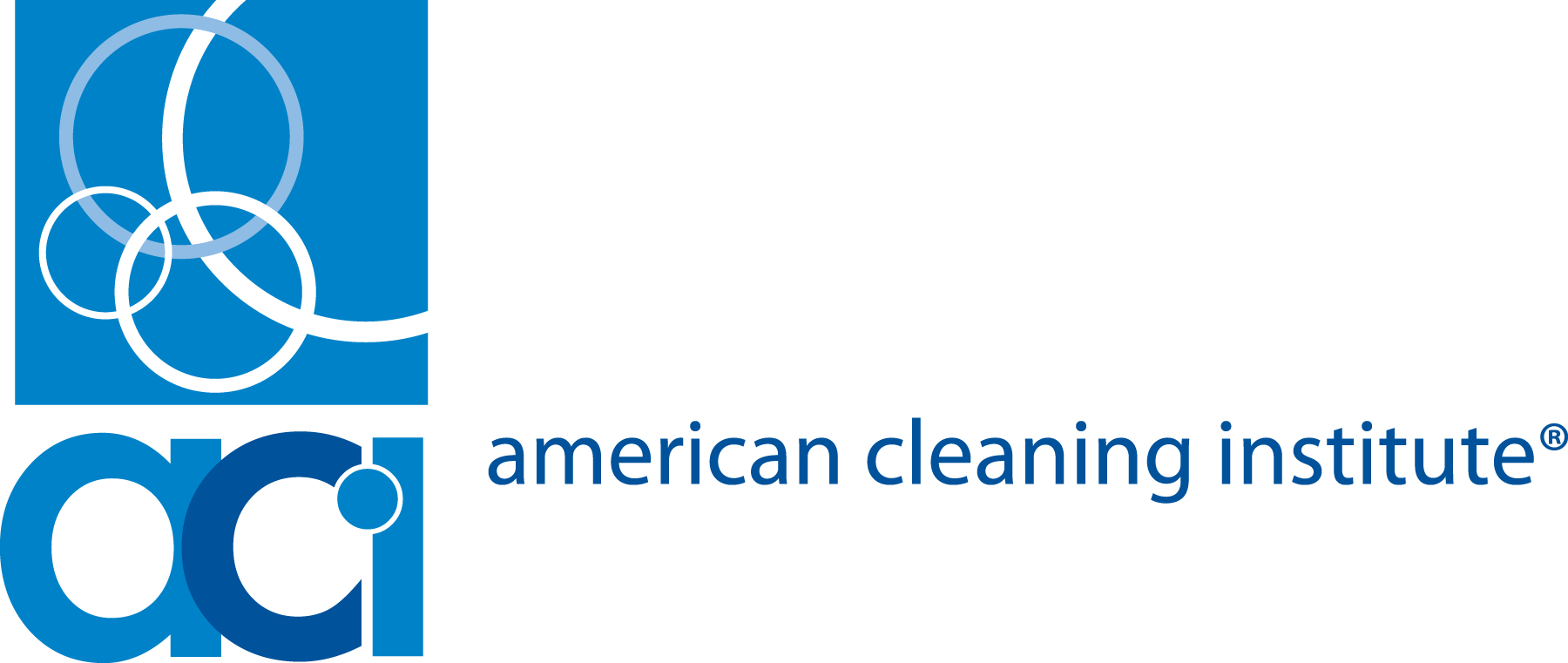Newswise — Many news stories have reported on cases of students being diagnosed with a virulent staph infection known as methicillin-resistant staphylococcus aureus " MRSA for short. Now a diverse group of organizations is elevating nationwide awareness of the steps that communities can take to combat the spread of staph infections.
The National Education Association (NEA), the Centers for Disease Control and Prevention (CDC), and The Soap and Detergent Association (SDA) are speaking out on the importance of proper and effective personal hygiene and surface cleaning practices.
"Clearly, parents are concerned about the increase in serious health conditions being caused by staph infections that have been impacting schools around the nation," said Jerald Newberry, Executive Director, National Education Association Health Information Network. "NEA, through its Health Information Network, is working with parents and school employees to convey the importance of thorough hand cleansing several times a day. In addition, when staph and MRSA skin infections occur, it is important to clean and disinfect surfaces that are likely to contact uncovered or poorly covered infections. These measures can go a long way in preventing the spread of many germs in school settings."
"Covering infections will greatly reduce the risks of surfaces becoming contaminated with staph, including MRSA," said Rachel Gorwitz, medical epidemiologist with the Centers for Disease Control and Prevention. "But students should remember even if a surface is contaminated and you touch it, you can remove that germ from your hands through simple washing with everyday soap and warm water."
"Very simply put, common sense cleaning, disinfecting and hand hygiene saves people's lives," said Nancy Bock, SDA Vice President of Education. "It is important that school surfaces are cleaned and disinfected regularly, and that custodial crews use those cleaning products safely and properly.
"We also remind student athletes and their families to regularly wash their uniforms and sports outfits in hot water and laundry detergent." According to the CDC, good hygiene is critical in preventing the spread of staph, including MRSA1: · Cover your wound. Keep wounds that are draining or have pus covered with clean, dry bandages until healed. Follow your healthcare provider's instructions on proper care of the wound. Pus from infected wounds can contain staph, including MRSA, so keeping the infection covered will help prevent the spread to others. Bandages and tape can be discarded with the regular trash.
· Clean your hands frequently. You, your family, and others in close contact should wash their hands frequently with soap and water or use an alcohol-based hand sanitizer, especially after changing the bandage or touching the infected wound.
· Do not share personal items. Avoid sharing personal items, such as towels, washcloths, razors, clothing, or uniforms that may have had contact with the infected wound or bandage. Wash sheets, towels, and clothes that become soiled with water and laundry detergent. Use a dryer to dry clothes completely.
And when you are around someone who has a staph infection, there are additional steps that can be taken to avoid spreading the infection to family and friends, including2:
· Avoid coming into direct contact with another person's infected skin.
· Clean surfaces daily with an EPA-registered disinfectant according to the manufacturer's directions, or
· Use a solution of one tablespoon of bleach mixed in one quart of water to disinfect all non-disposable items and surfaces that may have come in contact with the infected area, wound drainage, or soiled supplies.
· Wash utensils and dishes in the usual manner, with dish detergent and hot water or in a dishwasher.
For more information, visit CDC's online MRSA information website, at http://www.cdc.gov/MRSA. SDA has extensive online information on proper hand hygiene and surface cleaning practices at http://www.cleaning101.com.
1CDC, Community-Associated MRSA Information for the Public, http://www.cdc.gov/ncidod/dhqp/ar_mrsa_ca_public.html#8
2"How to keep family safe from your staph infection," Feb. 2006, RNWeb.com, http://www.rnweb.com/rnweb/data/articlestandard/rnweb/052006/302303/article.pdf; "Guidelines for Reducing the Spread of Staph/CA-MRSA in Non-Healthcare Settings," Los Angeles County Department of Health Services, Dec. 2004, http://lapublichealth.org/acd/docs/MRSA/MRSA_Guideline_12_20_04.pdf.
The Soap and Detergent Association (www.cleaning101.com), the Home of the U.S. Cleaning Product and Oleochemical IndustriesSM, is the non-profit trade association representing manufacturers of household, industrial, and institutional cleaning products, their ingredients and finished packaging; oleochemical producers; and chemical distributors to the cleaning product industry. SDA members produce more than 90 percent of the cleaning products marketed in the U.S. The SDA is located at 1500 K Street, NW, Suite 300, Washington, DC 20005.
